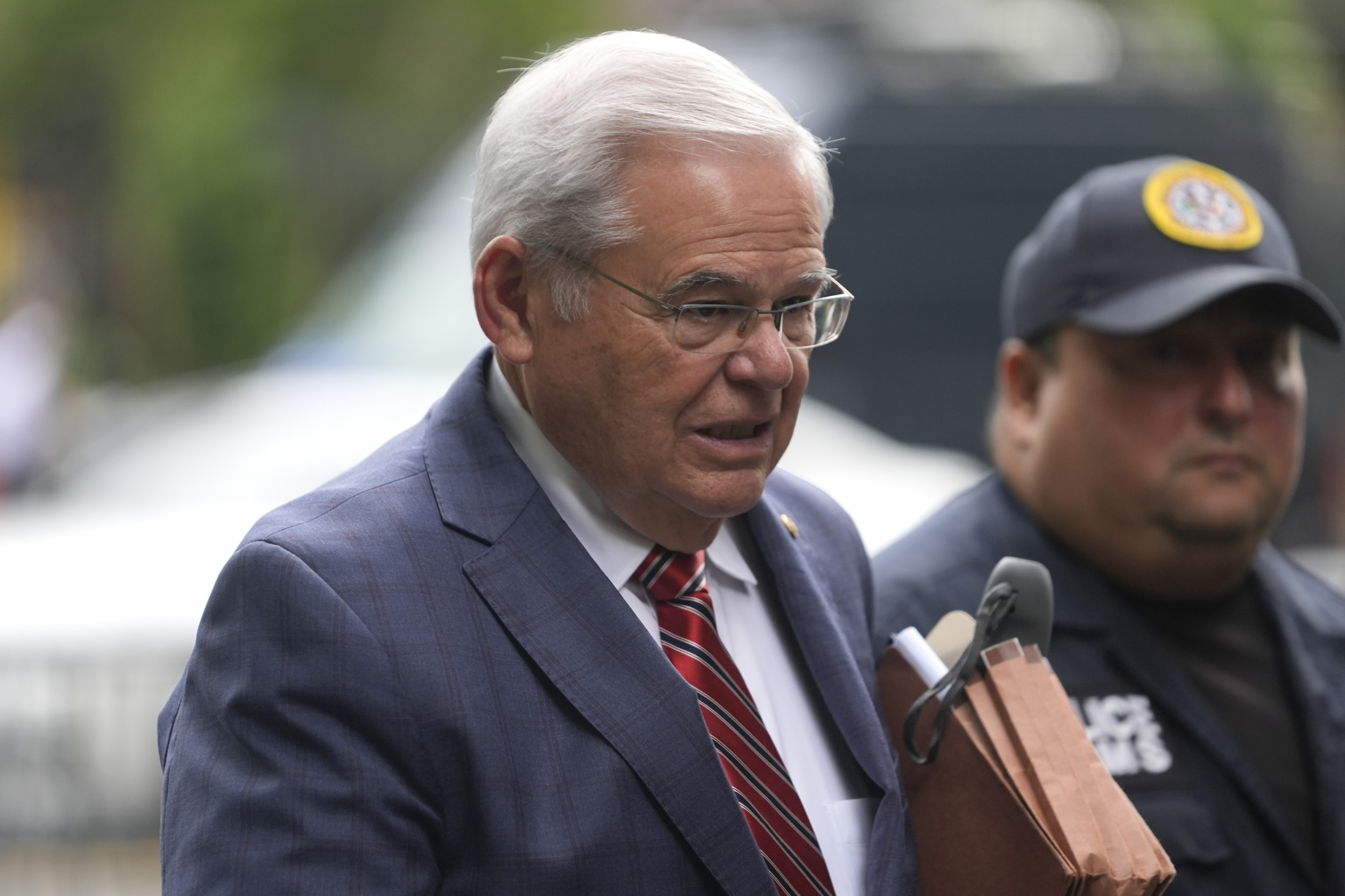Globalization has produced radically different results for the United States than the widely shared prosperity its advocates promised. Jobs and production shifted abroad, leaving behind a weakened industrial base, eroded communities, and poor job prospects for our middle class. It has put our nation on a trajectory of long-term decline, economic instability, and geopolitical risk. Tariffs, further trade protections, and a renewed focus on balancing our political economy are essential to restoring America's future.
America's trade deficit skyrocketed from $30 billion in 1991 to $380 billion in 2001 to a record $950 billion in 2022. Today, the U.S. alone accounts for around 78 percent of the total trade deficits of industrial nations. China, meanwhile, holds 45 percent of the world's trade surplus—meaning it exports far more than it imports.
Some wave away the idea that this trade deficit is a problem, but a persistent and ever-growing trade deficit is not normal. Even libertarian economist Friedrich Hayek argued that trade should eventually balance. Similarly, Adam Smith and David Ricardo assumed goods would be exchanged for other goods under international trade, whereas today, they are often exchanged for U.S. assets.
Some conflate foreign purchases of these assets with "investment," but less than 5 percent of foreign direct "investment" goes toward building new American industrial capacity. The other 95 percent goes toward acquiring Treasury bonds (U.S. government debt) or stocks, bonds, and real estate from our private sector. Before the 1970s, foreigners held only 5 percent of treasury bonds—that number is around 40 percent today.
We are functionally buying foreign goods on credit while selling off our assets, leaving future generations poorer and reducing their ability to pay that credit back. "Our country has been behaving like an extraordinarily rich family that possesses an immense farm," Warren Buffet once explained. "We have, day by day, been both selling pieces of the farm and increasing the mortgage on what we still own." For perspective, he said this in 2003, when America's net investment position was only down $2.5 trillion (it is down nearly $20 trillion today).
Manufacturing output has cratered since we permanently opened our economy to "free trade" with China in 2001. Industrial production rose only 7 percent from 2000 to 2020, after growing 94 percent from 1980 to 2000. Excluding semiconductor production, which is largely mismeasured, output declined by 10 percent. As a result, U.S. manufacturing employment fell from nearly 20 million in 1980 to 17 million in 2000, to 11.4 million at the bottom of the Great Recession, and has only recovered to around 13 million today.
This trend has had enormous effects on wages. The median American household income has increased just 7 percent since 2000 (0.3 percent per year). That stagnation reflects the fact that most of the employment growth between 1990 and 2022 has been in lower-paying service jobs. In 1985, the typical male worker's annual income would provide the middle-class essentials for a family of four in 40 weeks. Now, he needs to work the equivalent of 62 weeks.
A 2019 report by the Joint Economic Committee showed that job loss and increased dependency have resulted in a massive increase in deaths of despair and an unprecedented decline in life expectancy in the U.S.

Americans have recognized the problem, and its source. In a recent survey by American Compass, 47 percent of Americans said the nation has "suffered" from its embrace of globalization, while only 33 percent believe the country has benefited. Americans also agreed by a 10-to-1 margin that "we need a stronger manufacturing sector."
And they are right: making things matters. America must have a strong industrial base for innovation and growth, national security, and jobs that support families and communities. A massive, ongoing trade deficit imperils all of these. No country has ever consumed its way to greatness. And as the pandemic demonstrated, relying heavily on foreign supply chains leaves us vulnerable in times of crisis.
Globalization may have opened our market to cheaper goods, but there is an enormous difference between short-term consumption and long-term prosperity. Our persistent and growing budget and trade deficits, which are linked, indicate that we are not producing enough here to pay for these "cheap" foreign goods, whatever their sticker price appears to be. And all the while, cheaper consumer goods come at the real cost of hollowed-out industries, joblessness, and deaths of despair for Americans.
"Free trade" does not work when only one trading partner has an open economy. China has adopted an explicit economic agenda of government subsidies, market access restrictions, and intellectual property theft intended to establish technological superiority and secure control of key supply chains. It has also pursued policies to suppress domestic consumption and exploit labor to boost savings and investment that would otherwise flow to workers there and in our country.
Tariffs are a time-tested remedy. As American Compass executive director Oren Cass recently pointed out, "In 1789, the first law in the first Congress—advocated by Alexander Hamilton, introduced by James Madison, and signed by George Washington on the Fourth of July—established a tariff not unlike [Donald] Trump's proposed 10% tariff." Similarly, the "American System" of tariffs and industrial supports championed by Henry Clay and Abraham Lincoln was key in transitioning America from a small agricultural economy to an industrial powerhouse. Even Ronald Reagan used strong domestic content quotas to protect the American auto industry and argued that free trade must mean fair trade.
Despite dire warnings from neoliberals, Trump's tariffs were a success, generating $233 billion in revenue without substantially raising consumer prices. Imports from China fell from 21.6 percent of total U.S. imports in 2017 to 13.9 percent in 2023. According to a study by the United States International Trade Commission, the tariffs reduced U.S. dependence on imports of strategic goods from China while spurring domestic production.
We need to ensure American trade policy protects and promotes our vital national industries and a thriving middle class. Getting it right—which will include the use of tariffs—is essential to our national interest and the common good.
Mark A. DiPlacido is a policy advisor at American Compass.
The views expressed in this article are the writer's own.
Uncommon Knowledge
Newsweek is committed to challenging conventional wisdom and finding connections in the search for common ground.
Newsweek is committed to challenging conventional wisdom and finding connections in the search for common ground.





